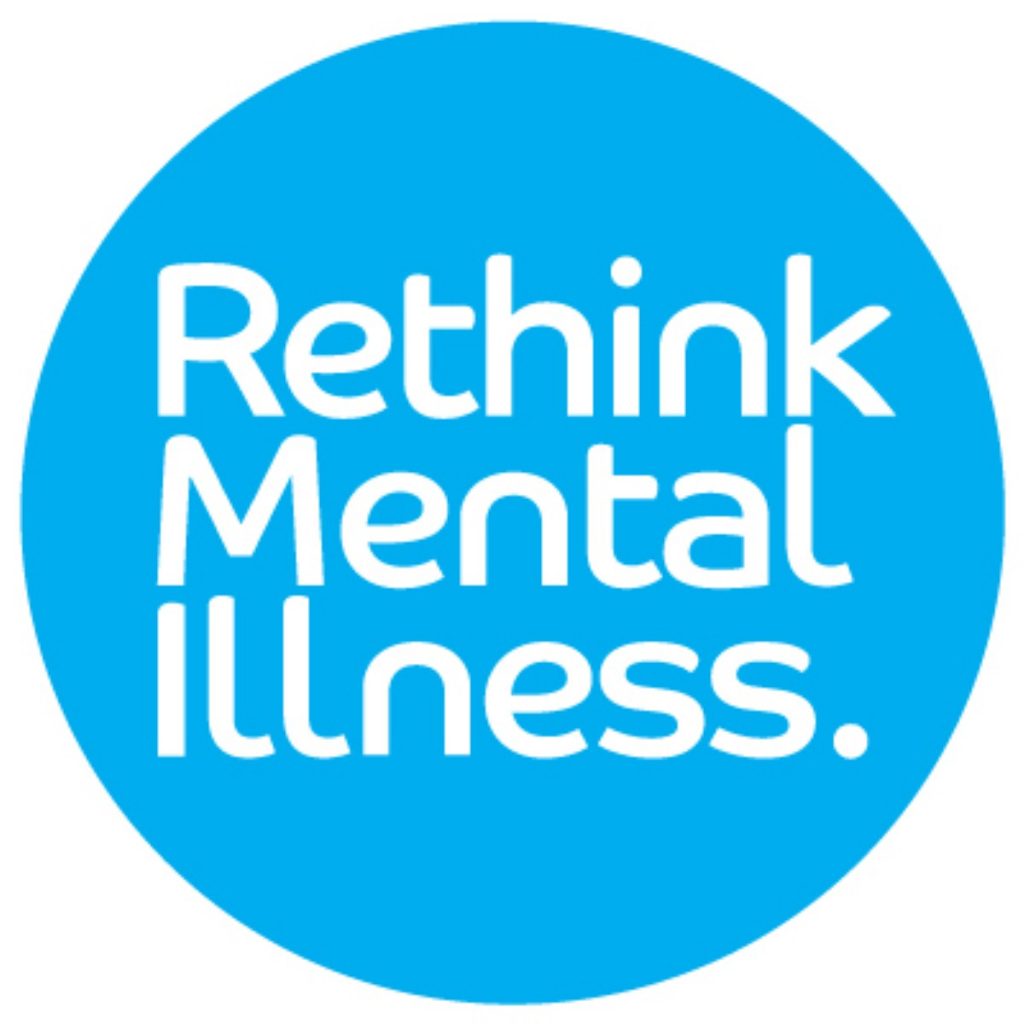Rethink Mental Illness: Brits lack mental health knowledge
Most people in the UK say they are more knowledgeable about common physical health conditions than mental health problems, according to new research released today by the national charity Rethink Mental Illness.
A survey of over 2,000 UK adults (1) commissioned by the charity, found that less than one in five (18 percent) say they feel knowledgeable about psychosis and less than a half (46 percent) about obsessive compulsive disorder.
In contrast people say they know more about common physical illnesses (i.e. flu, migraine, and asthma), with nearly four out of five (79 percent) saying they are knowledgeable about flu.
The survey also suggests that UK adults feel much more able to deal with a physical heath emergency than a mental health crisis. Nearly three quarters of those surveyed (74%) indicated that they know how to put someone in the recovery position, but just over half (56%) indicated that they would personally know what to do if someone was having a panic attack.
Today Rethink Mental Illness is launching the Mental Health SOS campaign, urging people to learn a few basic tips to help them support someone facing a mental health emergency.
The campaign is designed to arm people with tips and practical advice on what they can do if faced with situations such as someone having a panic attack or hearing voices.
Paul Jenkins, CEO of Rethink Mental Illness says: “Most of us know some basic first aid, like how to put someone in the recovery position or how to stop a nose bleed. But a lot of people would be at a loss if faced with a mental health emergency, such as a friend feeling suicidal or hearing voices.
“Through this campaign, we want to teach people just a few basic steps to help them feel more confident in handling these kinds of situations. We don’t need everyone to become experts, but a little bit of knowledge can be very powerful, it could even potentially help save a life.”
The charity is offering people a free training pack – SOS Your starter guide to mental health which outlines six mental health scenarios someone might be faced with and some basic steps they can take to help.
Alastair Campbell, who is backing the campaign, said: “Having a psychotic episode is pretty terrifying, as I know from personal experience. I was lucky, in that two police officers who saw that I was disturbed handled the situation well, and made me realise it was in my own interests to go with them. It was the police who insisted I get proper medical help. Plenty of other people had walked by before that though, and I could sense that they just didn't know how to handle the fact I was behaving oddly in a public place.
“Rethink Mental Illness campaigns for genuine parity between physical and mental health, and that goes for something like first aid too. It’s so important that people know how to handle difficult situations when people are displaying symptoms of mental illness and distress. My advice to families and friends of someone with a mental illness is to be there for them when it starts. Be there for them when it is over. Don’t make them do things they don’t want to in between. Don’t tell them to pull themselves together. Do suggest they get proper professional help.”
Sarah Defrates, 45, from Bristol, was diagnosed with mild bipolar disorder in her early 40s. Sarah says that having the support of a close network of family and friends has been crucial in helping her when she is in crisis.
She says: “My mood swings are quite sudden and severe. I’m usually a very energetic, positive person, but when depression strikes I fell lethargic, want to say in bed and I feel worthless.
“In the past, my brother has been my rock. If I felt suicidal he’d be with me straight away and would listen to me in a non-judgmental way. When he moved to Canada a few months ago I educated my friends about what to do when I have a crisis. They know that if I call or text them saying ‘I’m crashing and burning’ they need to come immediately, which is what they do. Their support has saved my life more than once.”
ENDS
You can download SOS Your starter guide to mental health at MentalHealthSOS.org
For more information, or to set up an interview, contact Brian Semple, Media Relations Officer, on brian.semple@rethink.org or call 020 7840 3043.
Notes to editors
(1) All figures, unless otherwise stated, are from YouGov Plc. Total sample size was 2057 adults. Fieldwork was undertaken between 17th – 20th May 2013. The survey was carried out online. The figures have been weighted and are representative of all UK adults (aged 18+).
Rethink Mental Illness is a charity that believes a better life is possible for millions of people affected by mental illness.
For 40 years we have brought people together to support each other. We run services and support groups that change people’s lives and challenge attitudes about mental illness.
We directly support almost 60,000 people every year across England to get through crises, to live independently and to realise they are not alone.
We give information and advice to 500,000 more and we change policy for millions.
For more information go to www.rethink.org





-01.png)